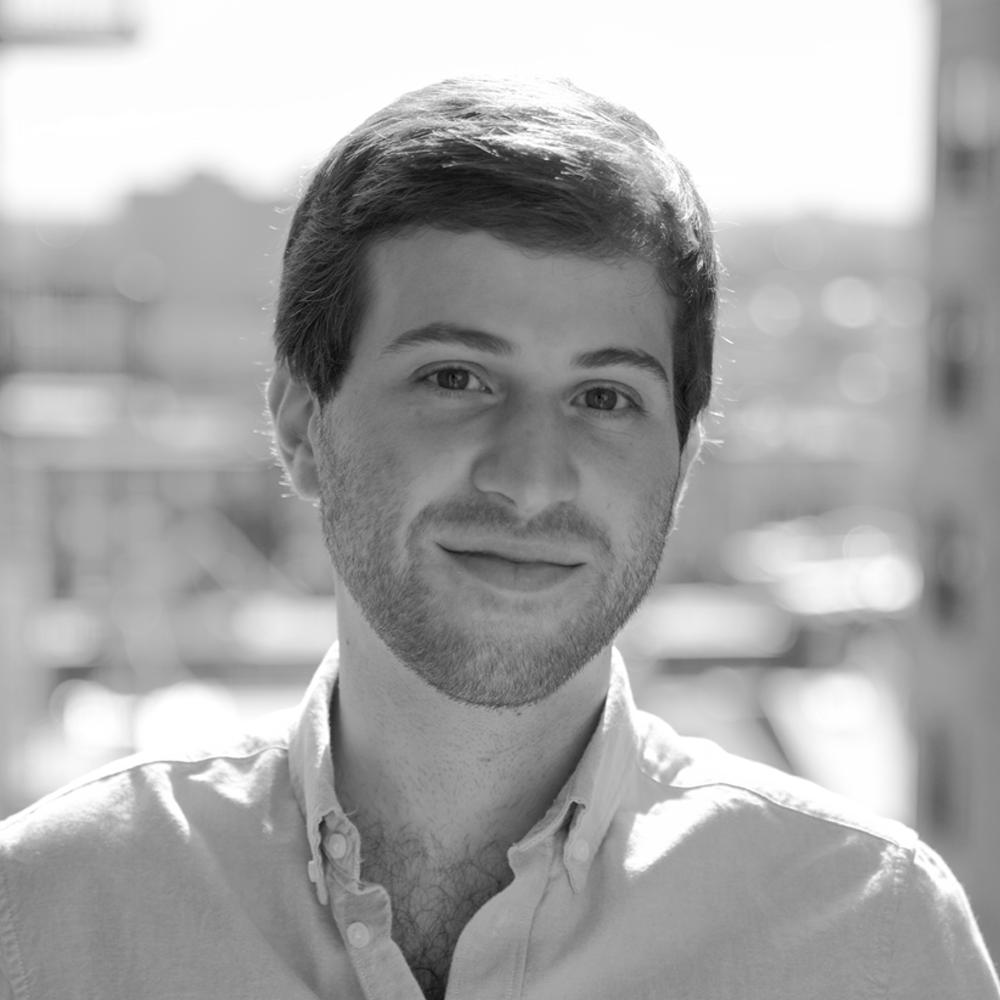November 16, 2018
‘Fantastic Beasts: The Crimes of Grindelwald’ doesn’t shy away from the Holocaust—why that matters
WARNING! The following contains spoilers for Fantastic Beasts: The Crimes of Grindelwald! Enemies of the heir, beware!
The mass genocide perpetrated by the Third Reich during World War II isn’t something you’d expect to be explored in a movie about magic and wizards, but when did J.K. Rowling ever come on top by playing it safe?
Fantastic Beasts: The Crimes of Grindelwald (now playing in theaters everywhere) broaches the topic of the Holocaust near the end of the movie during a rally being held by Johnny Depp’s Gellert Grindelwald. Sucking on the hookah-like extension of a glowing, fortune-telling skull, the dark wizard shows his followers that another war, a Muggle-created one far more destructive than the last, is just on the horizon. The smoke-like vision shows troops on the march, bullets spitting from airplanes, and yes, a line of beleaguered people (most likely Jews) walking beside a row of cattle cars stretching into the distance.
Grindelwald uses these shocking images to enumerate the arrogance, hubris, and barbaric qualities of the Muggle world, which, when done squabbling amongst itself, will turns its vast and deadly resources against all magical peoples. And herein lies the importance of why Rowling chose to touch upon the subject of the Holocaust: it underlines Grindelwald’s gross hypocrisy about overthrowing the International Statute of Secrecy.
During his rally, he states that he does not hate Muggles, as his enemies like to proclaim. He merely sees them as “Others” and of “different value.” In other words, he relegates them to lesser stature just as the Nazis did for Jews, gypsies, homosexuals, those with mental difficulties, and general “enemies” of the state. Grindelwald may not hate Muggles, but to him, any non-magic individual (and half-blood, for that matter) is a form of untermenschen, the Nazi word for anyone that didn’t fall into their twisted definition of “Aryan,” the Übermensch, the German superman, as it were.

His utilization of the cattle cars is not really meant as a caution against bigotry, but as means toward fomenting bigotry against Muggles; fear is the best tool for swaying the minds of the public, after all. Those who have read Harry Potter and the Deathly Hallows know that Grindelwald was no better than Hitler, imprisoning his dissidents in Nurmengard, the Austrian-based fortress (we get to see the place for the first time at the end of the Fantastic Beasts sequel) with the words “For The Greater Good” carved over its entrance. Grindelwald was eventually jailed there himself, but before that point, it was essentially a concentration camp for wizards, the words paralleling “Arbeit macht frei” (“work sets you free” in German) posted over the entrance to Auschwitz in Poland.
In a sick kind of way, Grindelwald was pushing for a revolution against the Muggles and their barbaric ways, just so he could turn around and do the same barbaric things to them. Not to just to them, either—anyone who got in his way. When he casts the ring of blue fire around himself in the Lestranges’ mausoleum, only those who swear an eternal oath of loyalty to him can pass through it, something reminiscent of the “Eid auf den Führer,” the personal pledge to be loyal to Adolf Hitler (and only Adolf Hitler) made by soldiers and civil servants in the Nazi Party. While Grindelwald pledges equality for all wizards, he places himself above them by demanding their never-ending devotion to do whatever he says, whenever he says it.
Finally, the use of Holocaust imagery highlights Grindelwald’s difference from Voldemort in that he is an accomplished orator and master of propaganda—just like Hitler. Where Voldemort rules by fear and intimidation (he’s basically a magical thug and gangster), Grindelwald uses words to sway people to his side. His tender care shown to the girl killed by the Auror during his rally is proof of this. He does not fear death, but uses it to turn his supporters into martyrs for the cause. That’s not to say he’s not against violence (he’s still a wicked murderer), but if a person or crowd can be influenced by argument and shocking visuals, he’ll take that route every time.
With three more films in the Fantastic Beasts series yet to come, it will be interesting to see how World War II factors into the struggle against Grindelwald. His legendary duel with Dumbledore (which nabbed Albus the Elder Wand) took place in 1945, the final year of the war, which means we’ve still got a ways to go from TCoG‘s setting of 1927.
